Vietnam's temperature has increased by 0.62% degrees Celsius in more than half a century, the number of hot days has increased by 34 days/decade.
(Baonghean.vn) - The information was presented at the Workshop on the implementation of the Climate Convention and the Paris Agreement on Climate Change (CC) organized by the Department of Climate Change, Ministry of Natural Resources and Environment in coordination with the Department of Natural Resources and Environment of Nghe An province on the morning of June 29 in Vinh city.
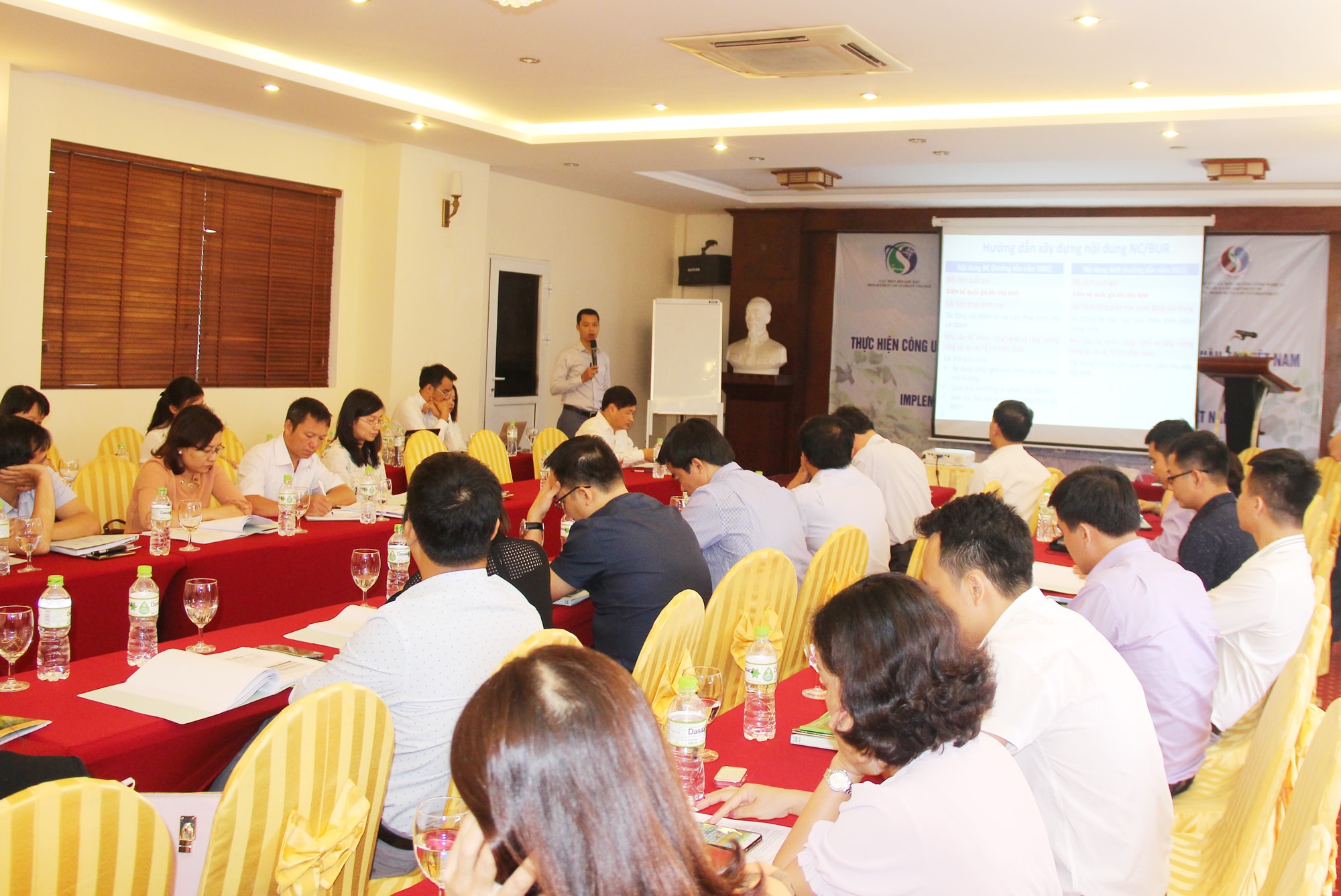 |
| Conference scene. Photo: Minh Chi |
At the conference, the presentations all affirmed that climate change is one of the “hot” issues in many international forums and talks. Vietnam is predicted to be a country heavily affected by climate change and Vietnam is also in the group of developing countries - a group considered to have relatively large greenhouse gas emissions.
And monitoring the manifestation of climate change in Vietnam, the average temperature has increased by 0.62% over more than half a century (1958 - 2014) and the number of hot days has increased by 34 days/decade.
From that reality, Vietnam has also developed a Plan to implement the Paris Agreement on climate change using climate change adaptation measures and in parallel with reducing greenhouse gas emissions.
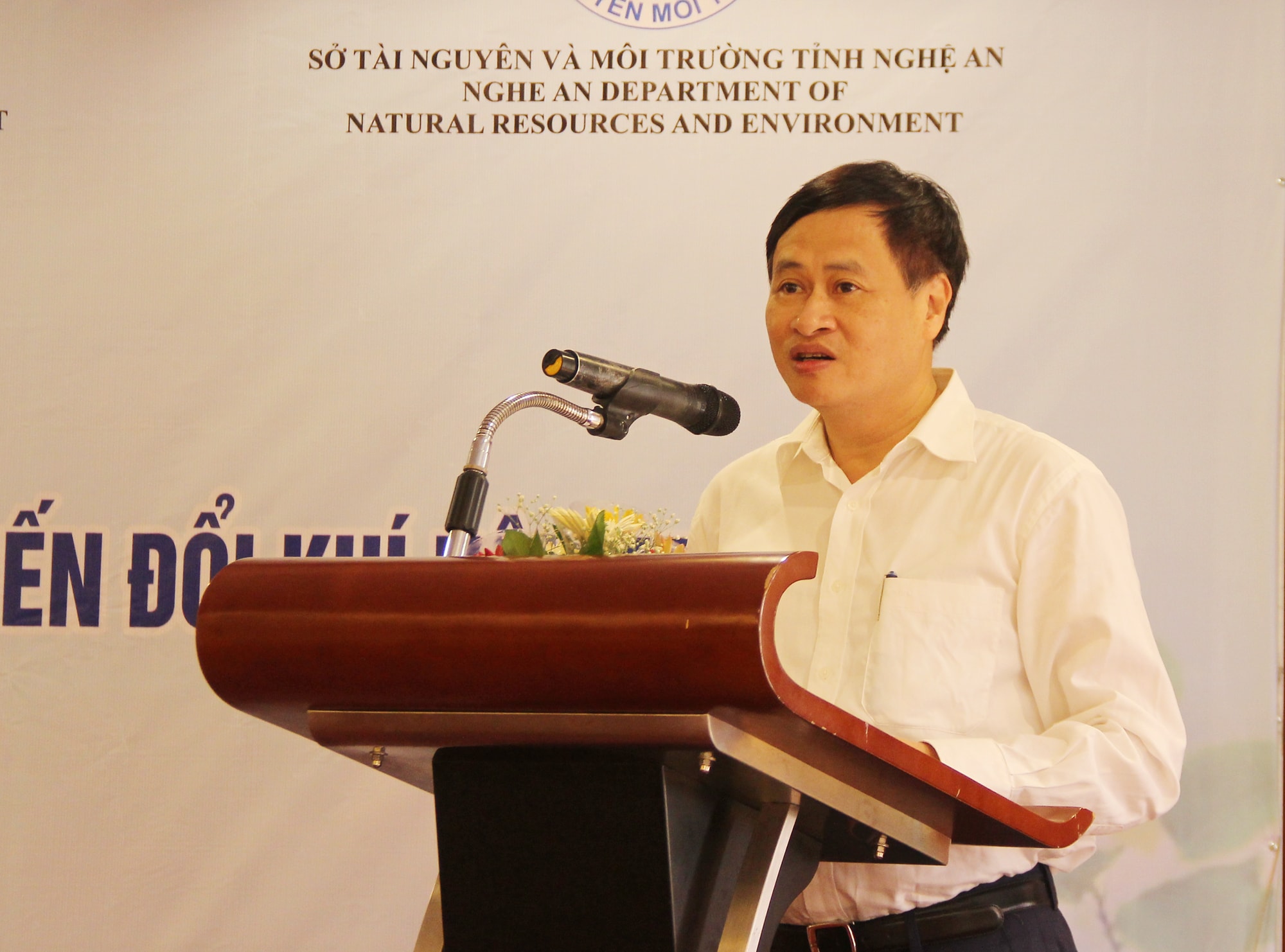 |
| Mr. Nguyen Khac Hieu - Deputy Director of the Department of Climate Change, Ministry of Natural Resources and Environment affirmed that Vietnam is a country that suffers many negative impacts from climate change, so it is necessary to have an adaptation plan right now. Photo: Minh Chi. |
Accordingly, the adaptation measures that Vietnam committed to contribute include: improving the capacity to forecast, warn of natural disasters, and monitor climate; preventing natural disasters, adapting to climate change, reducing human and property damage caused by natural disasters; solutions to ensure food security, water security, hunger eradication, poverty reduction, gender equality, social security, public health, improving living standards and protecting natural resources; protecting coastal plains and preventing flooding in major cities, etc.
Regarding greenhouse gas emission reduction, Vietnam commits to making efforts to reduce greenhouse gas emissions by 8% by 2030 through the fields of energy, agriculture, forestry, and waste management; and with international support, Vietnam will reduce greenhouse gas emissions by 25%.
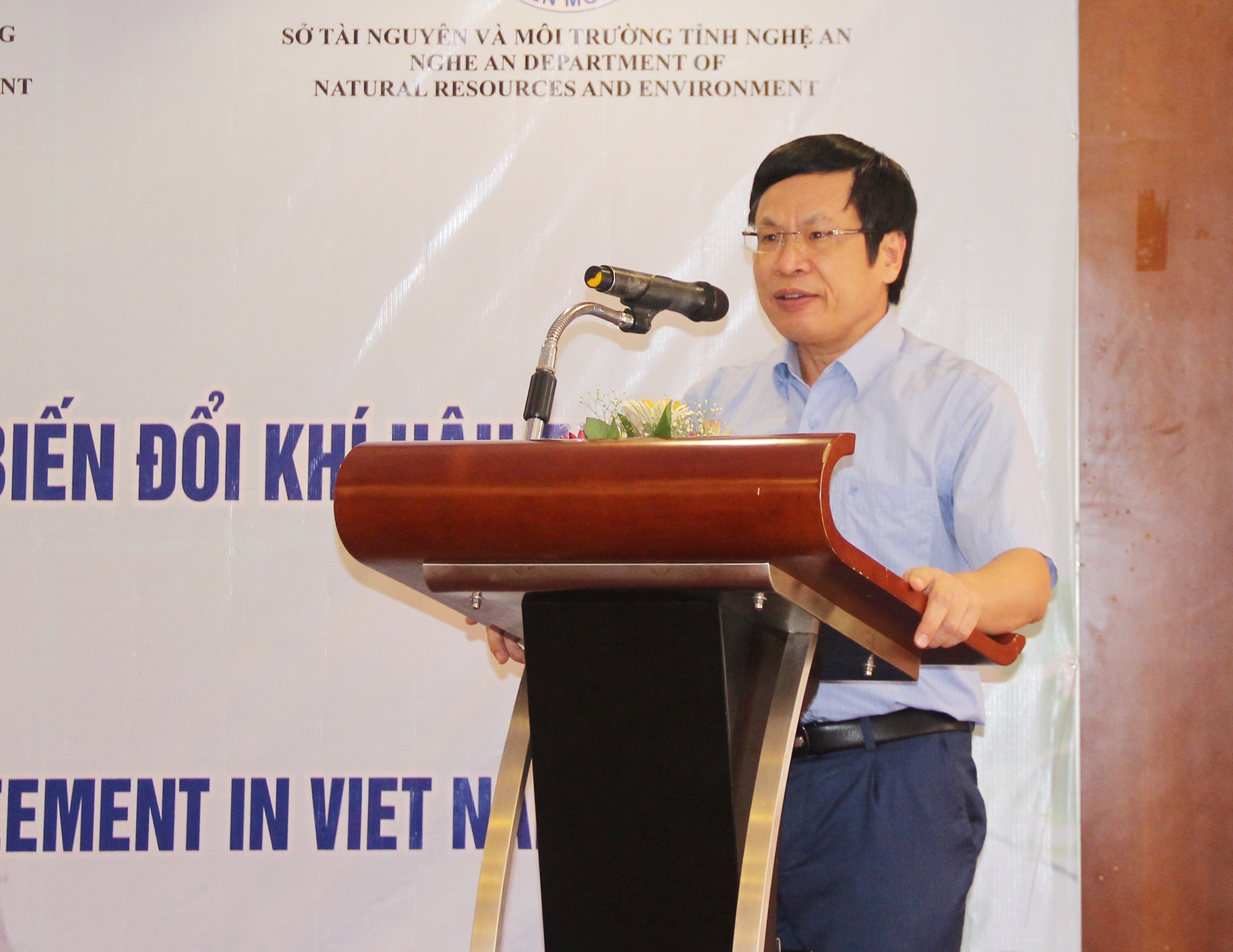 |
| Mr. Thai Van Nong - Deputy Director of Nghe An Department of Natural Resources and Environment said that climate change is an obstacle to the common sustainable development goals of the whole country, including Nghe An. Photo: Minh Chi. |
On the basis of Vietnam's Paris Agreement Implementation Plan, it is the legal basis and opportunity for localities to develop the most appropriate climate change response and adaptation plans.
For Nghe An, climate change is showing clear signs of rising temperatures, erratic rain, cold, heat and rising sea levels; this is an obstacle to Nghe An's sustainable development goals. In recent times, Nghe An has taken many measures and solutions such as adopting technology to treat some waste sources in sugarcane production, cassava starch processing, solid waste and wastewater treatment; promoting the use of renewable energy; promoting afforestation, increasing forest cover; consolidating and upgrading the system of river dykes, sea dykes, dams, etc.
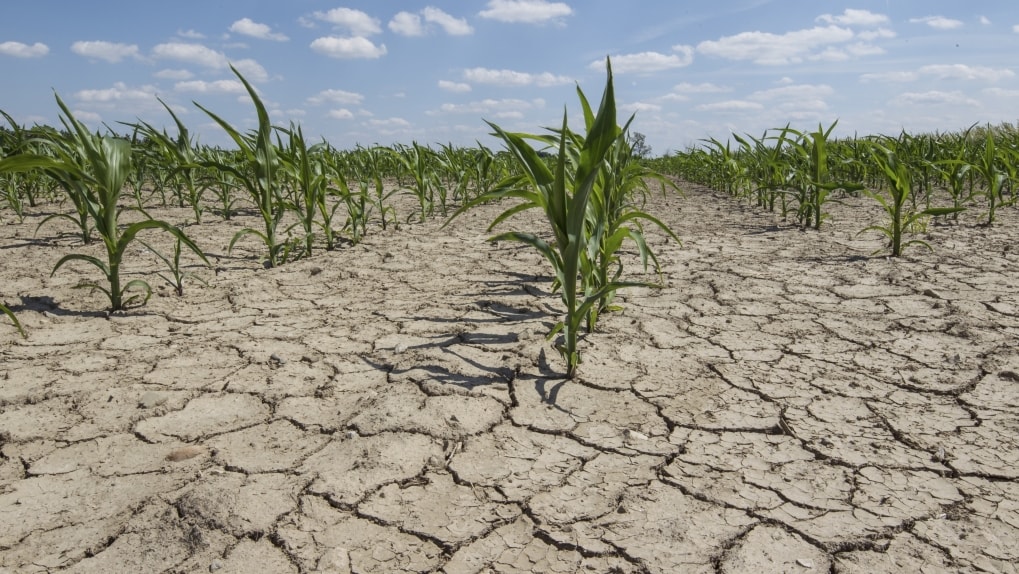 |
| Climate change is negatively impacting agricultural production in Vietnam. Photo: Archive |
The workshop also heard about the requirements and methods for developing national reports on climate change in Vietnam for the Climate Convention and the role of provinces and cities nationwide in contributing to that report; the target program for responding to climate change and green growth, period 2016 - 2020 and issues for localities; proposed updates to the Action Plan for responding to climate change in Nghe An to 2020, vision to 2030.




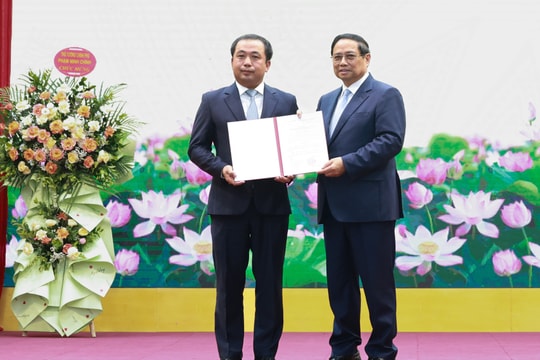
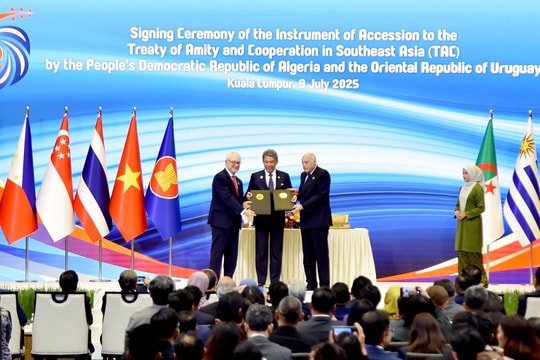

.jpeg)
